The spiralling cost of wholesale electricity has forced Osprey Charging to increase its rapid charging rate to £1 per kWh.
The increase, which comes into force today (Thursday, September 15), was labelled "unavoidable" by Ian Johnston, Osprey Charging’s chief executive officer, in a video to customers.
He said: “All standard energy pricing is at unprecedented levels... We have no choice but to increase our price during this difficult time.”
The 50% hike, from its previous rate of 66p/kWh, makes it the most expensive major charge point operator (CPO), surpassing the 69p/kWh charged by Ionity.
It remains to be seen if other CPOs follow suit. However, Johnston stressed that the company would bring the price down “when we are able to,” after details of the Government package to help businesses with high energy prices had been announced.
Speaking to Fleet News prior to the price hike, Johnston said: “I think the situation we find ourselves in globally with the energy crisis is deeply worrying and it's affecting a lot of people in a very serious way.
“Most CPOs have increased their prices at least twice in the last seven months and there will be more increases.
“People need to remember that the energy caps that we enjoy that protect us at home no businesses receive that protection. So whether you're a charging network or a restaurant or a factory, the prices are increasing at a terrifying rate at the moment.”
He added: “We're not going to be through this until we probably get to next summer. So for the short term, the great savings that you could enjoy on an EV versus a petrol diesel car from a public charging perspective, aren't going to be there for everyone to enjoy. But they will return when we get through this global issue.”
He explained that the price to procure electricity was increasing week-by-week. “It's tough for all the charging networks right now,” he added.
The wholesale electricity price is set by gas, which means that even the price of solar or wind power is impacted by rising gas prices.
Gas prices have been increasing primarily due to the Russian invasion of Ukraine and the cut in their gas supply to Europe, coupled with high demand and stockpiling by countries in preparation for winter.
CPOs buy from energy suppliers so are subject to the prices they offer, however, there is no price cap for businesses.
The price you pay at the EV charger is comprised of the CPO’s electricity cost, VAT and a small margin to cover infrastructure, maintenance and operating costs. Very few, if any, CPOs are profitable at this stage of the market, says Osprey.
VAT is at 20% for public charging as opposed to 5% for home energy.
Fleet News analysis has already shown that the cost of charging an electric vehicle (EV) at home, on a standard variable tariff, is set to increase by around 20% this winter.
Ofgem has confirmed the latest energy price cap rates, which rise from 28p/kWh to 34p/kWh, following the Prime Minister's Energy Price Guarantee announcement.
It means the cost of driving 100 miles in a typical EV (averaging 4.0mi/kWh) will increase from £7 to £8.50, if the vehicle is charged at home.
A full charge in a plug-in hybrid BMW 330e, meanwhile, will cost around £3.40 - for 35 miles of driving.
See the September edition of Fleet News, published next week, to read how Osprey is rolling out accessible charging points.

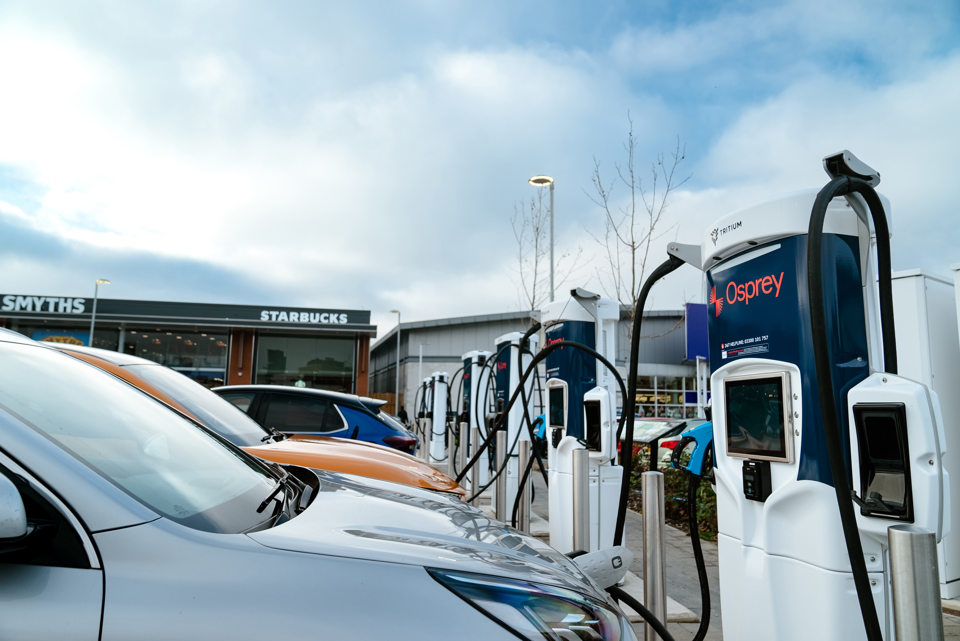




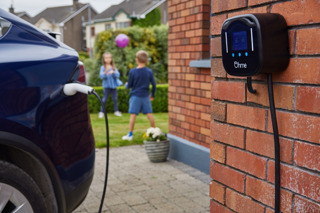
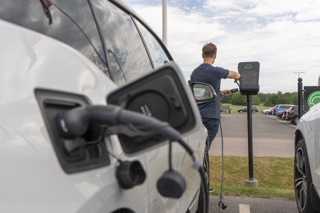
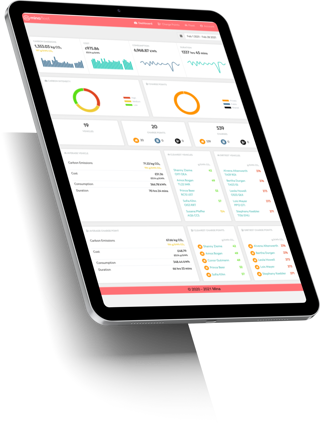
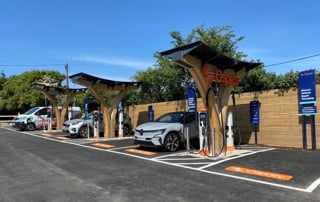













Sage & Onion - 15/09/2022 14:09
I am hoping that the expected Chancellors budget statement coming soon will reinstate the home charging grants. But I won't hold my breath! When the choice for drivers considering an EV is a big capital outlay for a homecharger, or paying £1 per kWh for public charging, I think they will stick to a PHEV (and only plug it in at the office), or even ask to go back to diesel again. It is strange times for fleets that are considering only offering an EV option - which I was considering but not so sure that's wise at the moment.